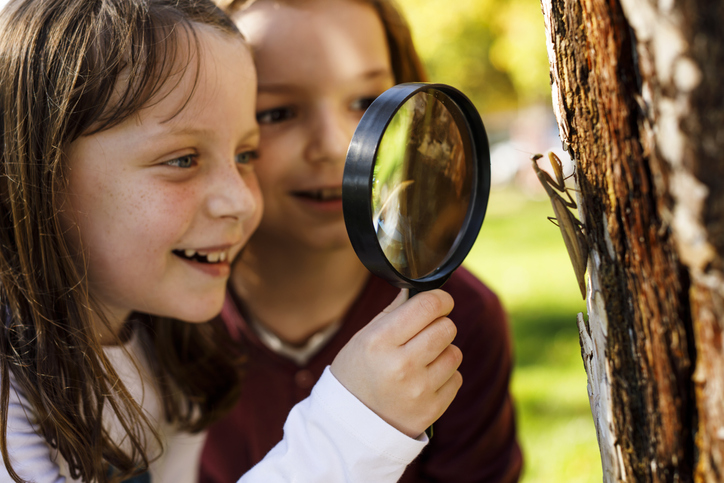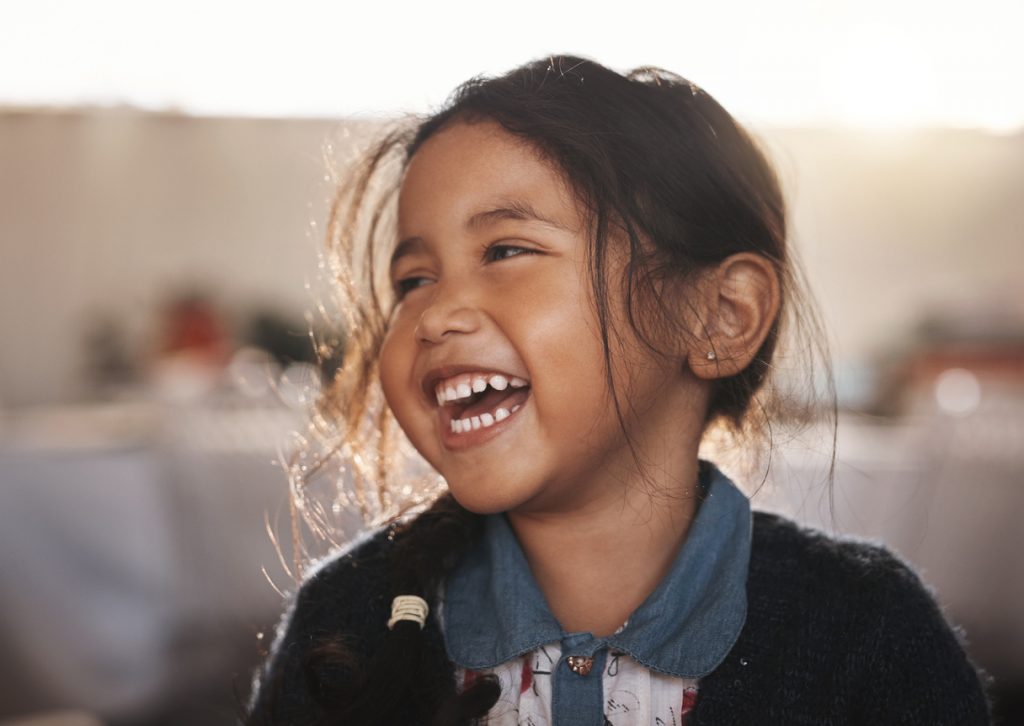
WHAT IS ‘QUALITY’ CHILDCARE?

The word ‘quality‘ is used in almost every piece of promotional material in early childhood centres. It’s on websites, brochures, handbooks, signage . . .
So what does ‘quality’ mean? To be licensed to operate a childcare centre in New Zealand all centres must meet ‘quality’ standards. In many cases, it’s these foundational, basic requirements that many centres are referring to when they use the word ‘quality’ in their promotion.
We think that’s not right. It’s like saying that a 1 star hotel is ‘quality’ because it’s allowed to be open! It deceives parents who need to know what ‘quality’ childcare really looks like.
Below we’ve used some of the same categories of ‘quality’ that are promoted, but we’ve given an interpretation to them, based on research, to help you distinguish between ‘foundational level, one star’ quality and true five star quality. . . and in some cases six stars!
For those who like academic research, here’s a research paper we undertook on what a child really needs to optimise their potential, both academically and emotionally.
MYTHS, FACTS AND FREQUENT QUESTIONS
Staff Child Ratio
All New Zealand Early Childhood Centres must meet the Ministry of Education rules and requirements for teacher-child ratios.
However, research shows us that quality care is not just about ratios. It’s about staff retention rates (how long staff stay in a centre – their job satisfaction and relationship with your child), it’s about the number of children per group / classroom (for example a classroom of 30 children with three teachers is much poorer quality than a classroom of 20 children with two teachers). Of course ratio makes a difference too, but it’s not the key ingredient in ‘quality’ care. The legal ratio in NZ for children over two years of age is 1:10
Equipment and Toys
Rightly, there is a lot of talk these days about natural educational toys and equipment. While most centres have the basic equipment, take a look at the shelves and resource materials available to teachers. Is it adaptable, does it allow for multiple uses or is it just gimmick or ‘look good’ equipment? Remember, children often love the box more than the toy! It’s creative play that children need. Don’t be bedazzled by modern, fancy furniture.
Teacher Training
Early Childhood Teaching has come a long way in the last 40 years. Childcare used to be about mum’s and grandmothers taking care of children and was governed by the ministry of social welfare. Then in the 1980’s the Ministry of Education took over. The caregivers became ‘teachers’, a teaching degree was created and required.
This improved many aspects of childcare and was an important move. Teachers had a better academic understanding of early childhood development, childhood disease, how to identify disorders or learning needs etc.
However, somewhere along the way there was a sense that the joy of a carefree playful childhood had been forgotten and now we were all about pressure cooking children into a fast track to educational achievement.
A quick look at our educational progress over the last few decades clearly shows that despite NZ’s high early childhood participation rate, there has been little flow on effect into primary, high school and beyond. It is therefore problematic to conclude that better trained teachers in early childhood produce better academic outcomes for children.
It is a New Zealand legal requirement that early childhood centres employ registered teachers with appropriate early childhood qualifications. Trained teachers are important, and do make a difference, but they don’t guarantee quality.
We all can remember our ‘bad’ teachers from school. The same is true for early childhood teachers regardless of their academic success.
Health and Safety
Children and parents deserve to know that their child is safe and healthy when being cared for by others.
New Zealand laws and regulations take health and safety very seriously in early childhood education. And this is a good and essential requirement. All early childhood centres in New Zealand must meet the Ministry of Education requirements which are extensive. Despite this, accidents do happen from time to time.
It is a well researched fact that children in full time early childhood education have more childhood illnesses, more coughs and colds, than children raised at home. Simply being around so many other children means that illnesses are easily spread.
So a clean environment that gets lots of cleansing sunshine is important for your child’s wellbeing.
Owner Operator
Because childcare in New Zealand is seen as a merit good (overall beneficial to society) it is subsidised. This has created a profit incentive for centres and has resulted in many ‘investors‘ buying and running childcare centres. Don’t be fooled by small brand names. Investors hide their conglomerates by having centres with lots of different names – it’s not just the big brands.
Does this really matter? Well, yes and no. All childcare must meet the minimum licensing standards which are fairly high in New Zealand.
However, the profit incentive often drives the big players to take short cuts or depersonalise their centres, which results in lost quality of care.
Owner operators often have a more personal interest in the centre and this can result in higher quality care for your child. This does not mean that the small centres are necessarily better! Sometimes small can mean negligent and ignorant. The big players have big budgets to ensure that their staff are well trained and that all processes are carefully followed.
So when choosing a centre, don’t chose a building, a brand, a name or an image. Chose a teacher and a director / principal who you trust and who shares your values.
How do I know who owns the centre I’m considering? Check out the NZ Companies Office and do a search of the director of the company. It’s public information.
